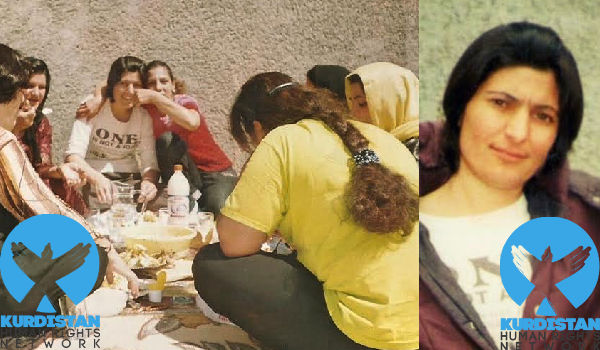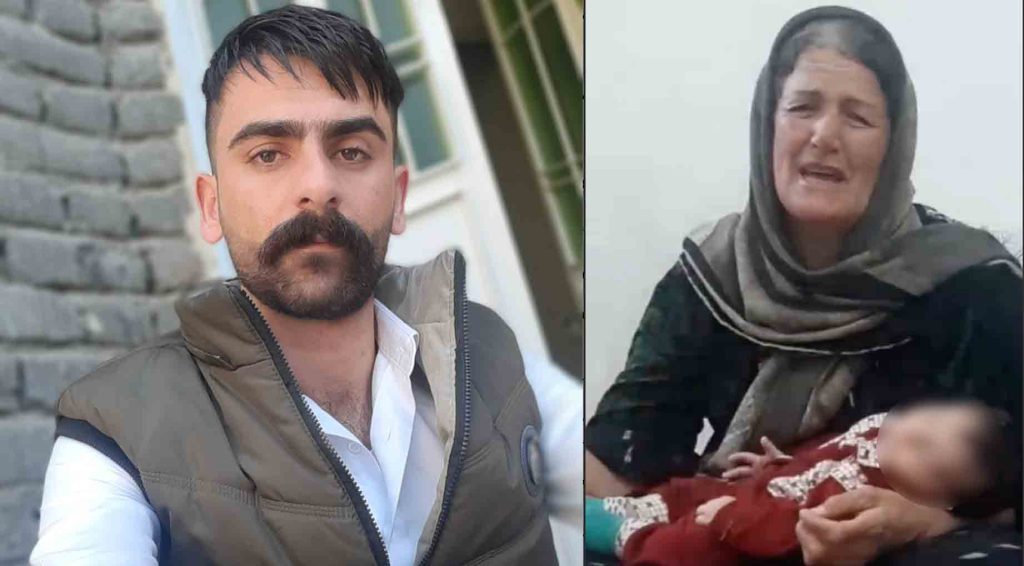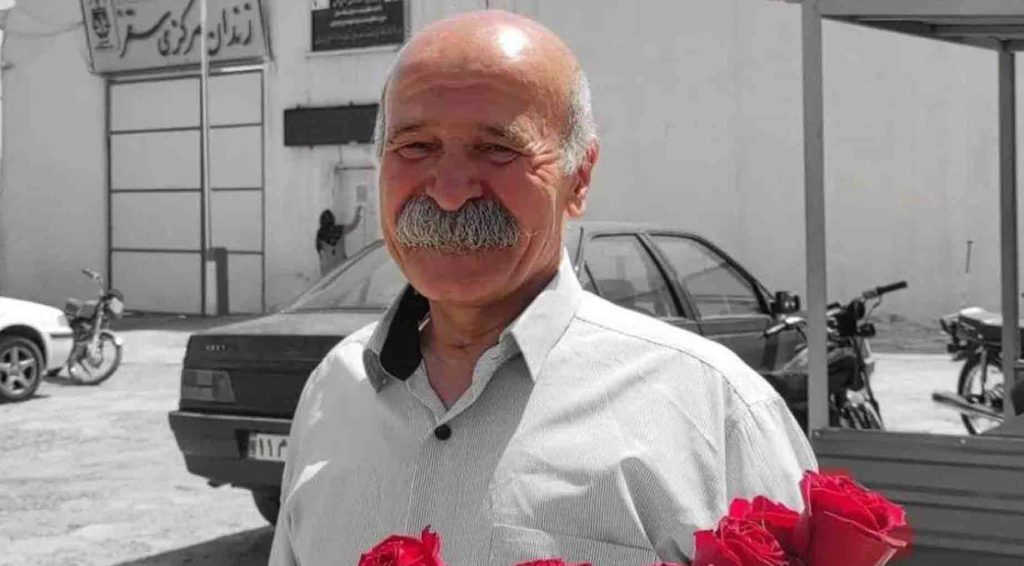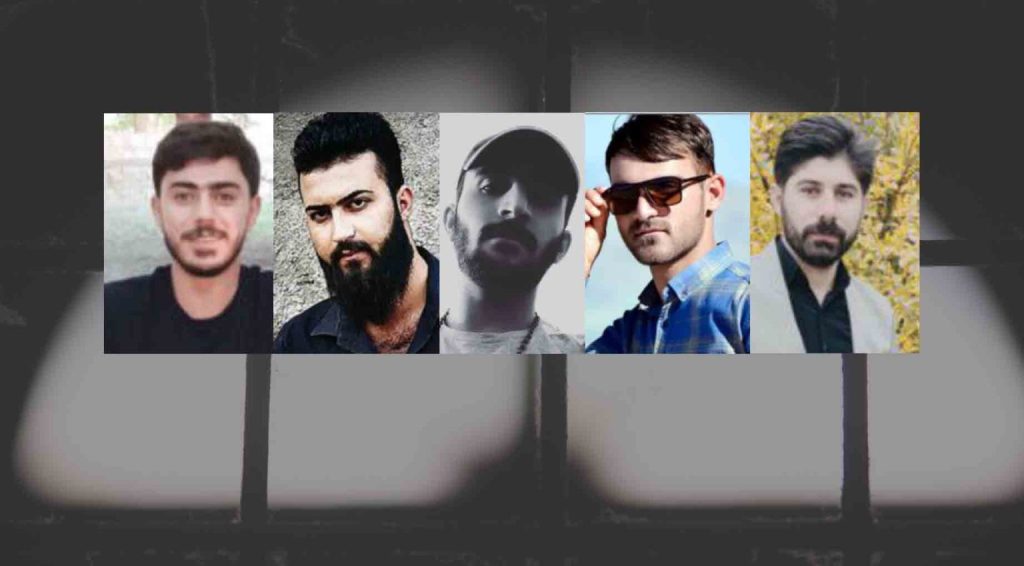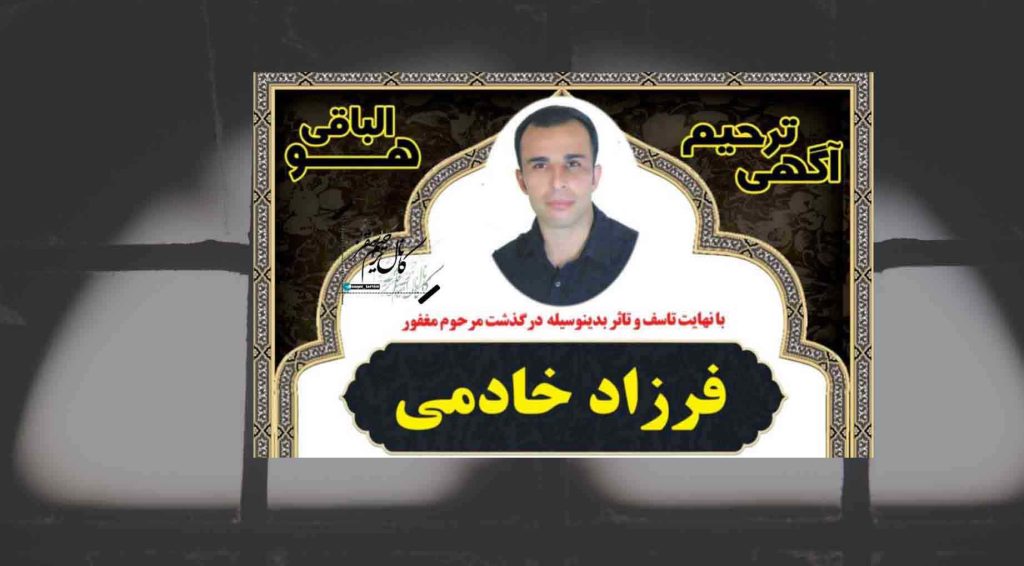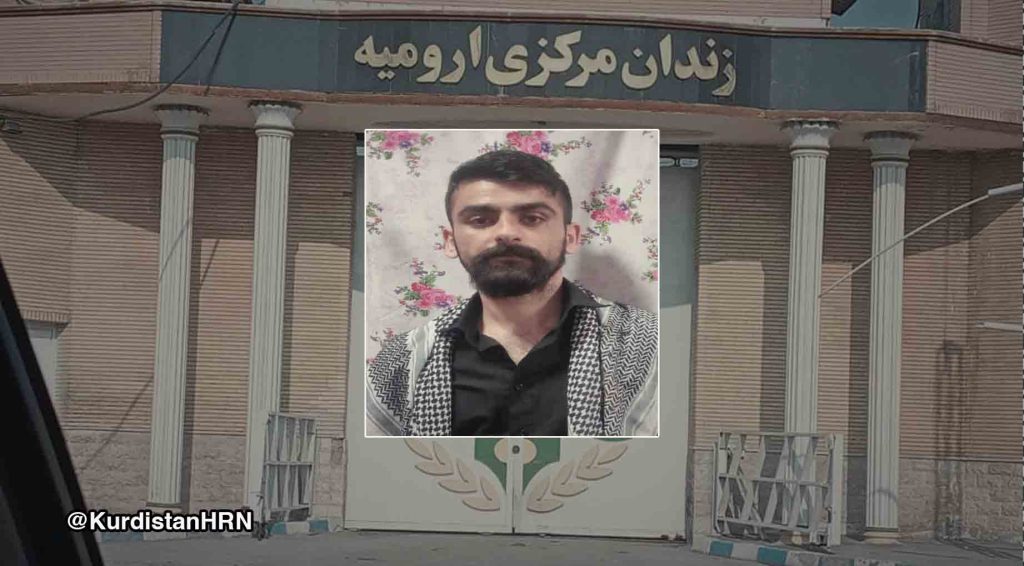Kurdish female political prisoner Zeynab Jalalian serving life imprisonment in Iran’s Khoy prison has been coerced by members of the Iranian Intelligence Ministry to make confessions on state TV for crimes she had not committed, one of the prisoner’s relatives told Kurdistan Human Rights Network (KHRN),
Several members of the Iranian Intelligence Ministry visited Jalalian a few weeks ago demanding that she makes a scripted TV confession for crimes she had not committed, and that in return she would be taken outside of the prison to a public hospital where she could receive medical treatment for her severe illnesses, the source said.
Last year members of the Intelligence Ministry visited her pretending to be reporters of the state-owned Press TV demanding that she gives them an interview and discuss her case, the source said, adding that so-called “journalists” had turned angry and made threats against her after she refused to give interview to media outlets of the Islamic Republic of Iran.
Zeynab Jalalian, born in 1982, a Kurdish political prisoner from village of Deim Gheshlagh near the city of Makoo, was arrested in February 2007 by the Intelligence Services forces of Kermanshah.
She was kept in the Kermanshah’s Intelligence Services Detention Centre known as Meydan Naft for one month, where she was prosecuted and tortured several times in order to obtain confession from her. Zeynab was accused of being a member of PJAK.
The security forces transferred Zeynab to Kermanshah’s “Kanoone Eslah va Tarbiat”, a kind of rehabilitation centre, because the detention centre did not have a women’s section.
However Zeynab was repeatedly taken back to the Security Detention Centre for further prosecution.
The Kermanshah Islamic Revolutionary Court sentenced Ms Jalalian to death in January 2009 on charges of “enmity against God”, due to her alleged membership of the Party For Free Life of Kurdistan (PJAK), an outlawed armed Kurdish opposition group that demand rights of Kurds to political and cultural autonomy in Iran.
She had been held at the detention centres of Iran’s Ministry of Intelligence for over eight months prior to being issued the sentence at the court in Kermanshah.
She has said that she had been tortured during those eight months and that her family had no information about her whereabouts.
The Supreme Court confirmed her death sentence on 26 November 2009.
She was moved from Kermanshah prison to an unknown location and then to Evin Prison in Tehran in early March 2010.
Evin Prison in Tehran is hundreds of miles away from her hometown.
She was at imminent risk of execution after the sentence was confirmed. However, her death sentence was commuted to life imprisonment in November 2011.
She was transferred to Khoy prison in November 2014.
For the past eight years in prison she has been denied the right to temporary compassionate leave, as well as medical treatment outside prison for her illnesses caused by torture and bad conditions of prions where she had been detained

